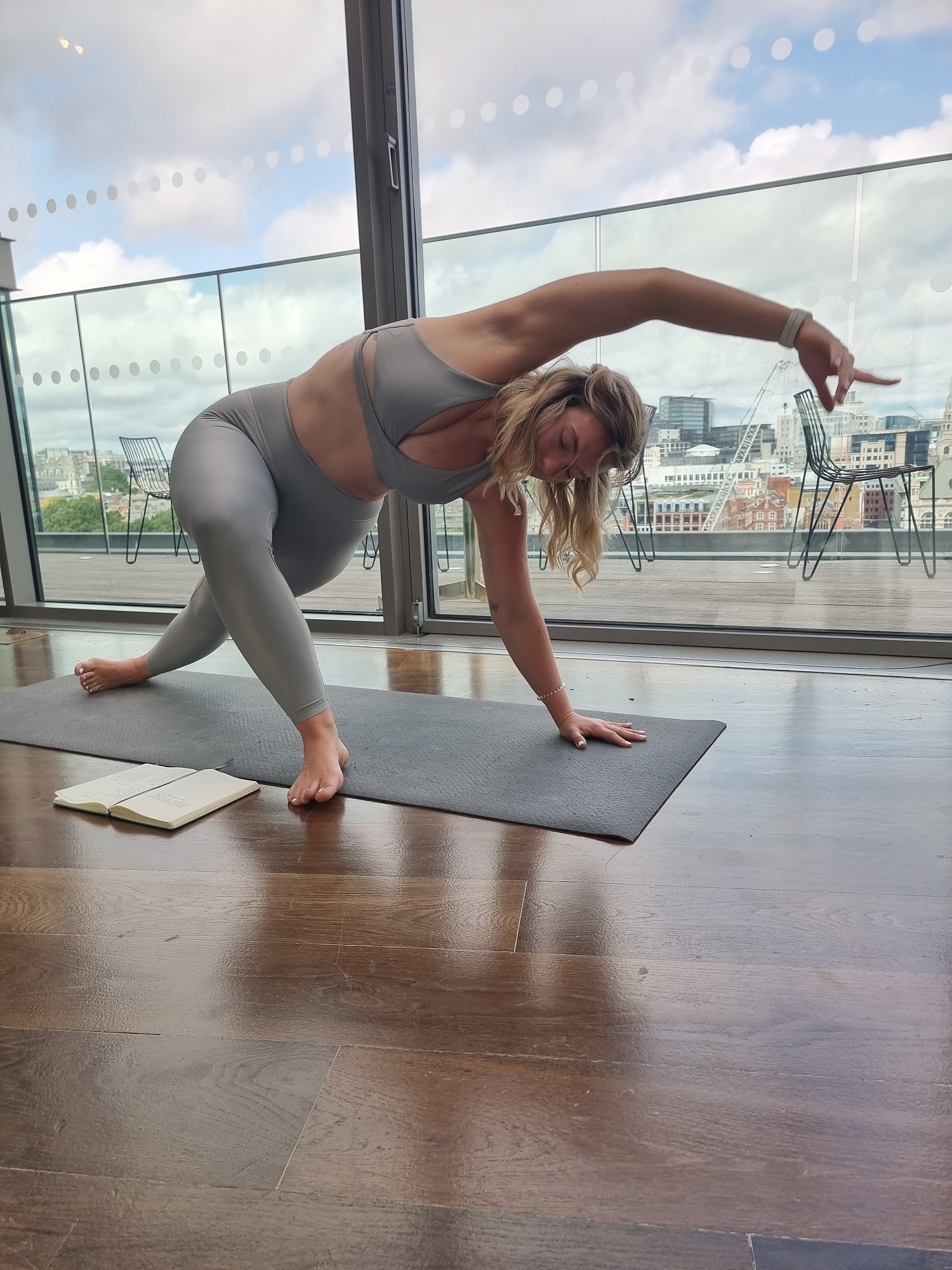Fashion as a Force for Good: Best Practices from 3 Brands Supporting Mental Health and Wellness
With growing awareness among consumers, fashion brands can no longer ignore the mental health elephant in the room

The fashion business is well-known for its glitzy image, but not everything that glitters is gold. With its fast-paced nature, the industry often fosters feelings of tension, anxiety, and sadness among its employees. The negative impacts have even reverberated to all other stakeholders as well, affecting factory workers, creative directors, models, and customers.
Particularly customers, however, have seen a profound transformation in their values and priorities. Consumers now possess an altered perception of themselves in this world, with a growing concern for their overall well-being. In fact, recent data indicates that 73% of consumers consider depression and mental health to have a moderate or severe impact on their daily lives.[1] The harmful beauty standards perpetuated by the fashion and beauty industries have had significant repercussions, resulting in appearance-based discrimination, (weight, skin color, hairstyle, etc.), which affects not only women and girls but also society as a whole. The far-reaching consequences of such discrimination on mental health and overall well-being are coupled with substantial negative effects on the economy. Estimates suggest that the cost of body dissatisfaction and beauty ideals amounts to a staggering $305 billion, encompassing financial burdens and compromised well-being,[2] with women and girls bearing 58% of the burden at $177 billion. However, the overall cost of well-being, including mental health issues and related factors, amounts to $221 billion, nearly three times higher. This includes expenses related to depression, anxiety, smoking, eating disorders, alcohol and drug abuse, and even suicide.
As a result, products and experiences centered around self-improvement are gaining momentum, as customers seek offerings that nurture resilience and personal growth. The fashion industry has the potential and responsibility to enhance customer mental wellness, considering a broader spectrum of values. Mere products no longer suffice; customers seek brands that positively impact their lives.
Within this shifting landscape, three fashion labels are leading the process of investing in this new perspective, building brands that serve as forces for good, where customer well-being is an integral part of their unique selling proposition.
More Than Just a Store: A Community Experience
Lululemon is a clothing company that aims to “elevate human potential by assisting people in feeling their best.”[3] To that end, it provides yoga sessions and mindfulness programs in its stores, as well as an online resource hub called “The Lululemon Collective” that offers resources for mental wellness. With this new objective in mind, the store has become more than just a place to sell items; it is also a place to create relationships with the community. In fact, in 2021, the company founded “The Center for Social Impact,” an organization with the aim to invest and advocate for the “wellbeing of those most impacted by systemic inequity worldwide.” Since 2021, Lululemon has provided $15.8 million and reached 3.9 million individuals through this entity.[4]

Finding Solace within a Crisis
Dan Hoban founded Sadire,[5] an accessories and apparel brand, amidst his own battle with depression. With a unique vision, the brand serves as a platform for expressing emotions, particularly the depths of sadness, with the mission to make the world a happier place through the acceptance and embracing of grief. Embodying a streetwear style, Sadire’s items communicate the message that sadness is a natural part of the human experience, just as happiness is. Going beyond fashion, the brand actively contributes to mental health programs by allocating a portion of its earnings to support the Crisis Text Line.[6] As a global nonprofit organization, the Crisis Text Line provides free, confidential crisis intervention services through SMS messaging, extending a helping hand to those in need.
The interdependence of body and mind
It’s not just about the word “mental” when it comes to mental health. A lot of fitness brands are starting to consider a more sustainable approach that considers sustainability as a holistic process. Humans require a safe environment in which to express themselves without bias or discrimination in order to be mentally healthy. This is precisely the objective, a sustainable fitness fashion company that creates apparel for every body type. It is not a problem of size for Feel Fit, but of how a person feels inside the garments and whether they can show their personality.[7] Therefore, in addition to working on environmental sustainability using ECONYL® regenerable nylon, they also stress the inclusivity aspect and, in doing so, indirectly improve their customers’ mental health.
Not just a fantasy
Fashion has the power to make a positive impact. Even though most brands are still stuck with a vision of business that has become harmful to customers and the industry itself, some brands have changed their approach to satisfying customers’ needs for a more attentive fashion industry. Unfortunately, our culture stigmatizes mental health, with approximately 60% of adults with mental health issues not receiving care. Because fashion is integrally related to this issue, its mental health effects on customers have reached a breaking point. It would be beneficial for society to bring these conversations on mental well-being into the mainstream and transform fashion into a force for good.[8]
Resources
[1] “Top 10 Consumer Trends in 2021.” Available at: https://www.euromonitor.com/top-10-global-consumer-trends-2021/report
[2] “The Real Cost of Beauty Ideals: The Stats.” Available at: https://www.dove.com/us/en/stories/campaigns/real-cost-of-beauty/thestats.html
[3] Lululemon’s purpose is available at: https://corporate.lululemon.com/about-us/our-purpose-and-values
[4] “The Center for Social Impact” results are available at: https://corporate.lululemon.com/our-impact/support-for-wellbeing/lululemon-centre-for-social-impact
[5] Sadire mission and vision are available at: https://sadire.com/pages/aboutus
[6] More information about the Crisis Text Line is available at: https://www.crisistextline.org/
[7] “My Feel Fit” approach is available at: https://myfeelfit.com/
[8] 30 statistics about mental health stigma: https://etactics.com/blog/statistics-on-mental-health-stigma#:~:text=Statistics%20on%20Mental%20Health%20Stigma%20Around%2060%25%20of,reasons%20that%20they%20don%E2%80%99t%20receive%20care%20-%20Healthline
Author: Giuseppe Scandariato
Latest from the Magazine